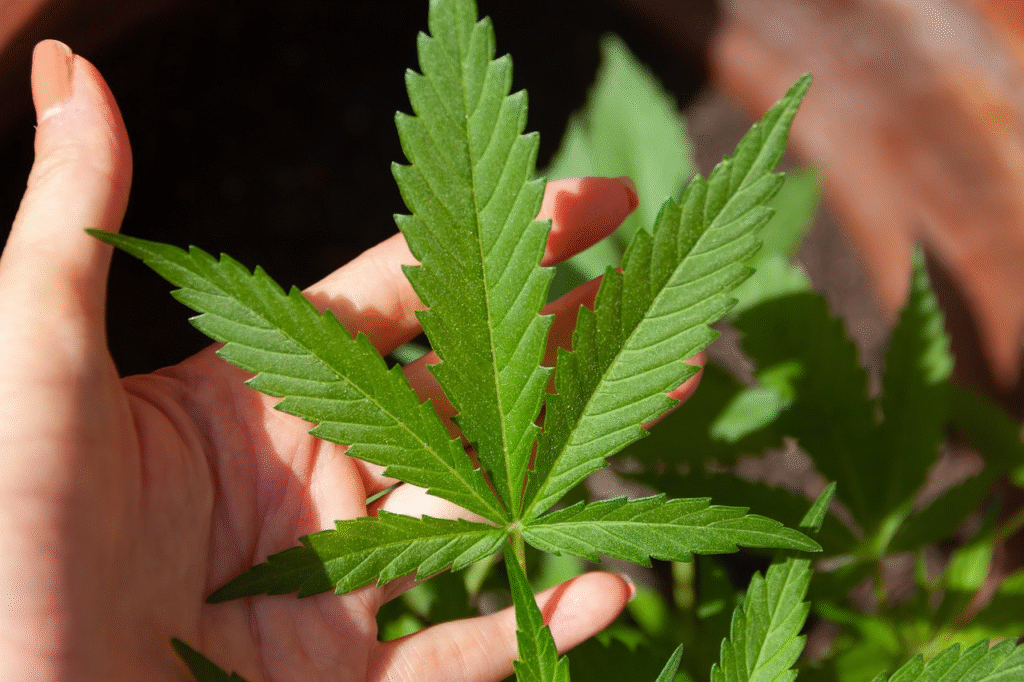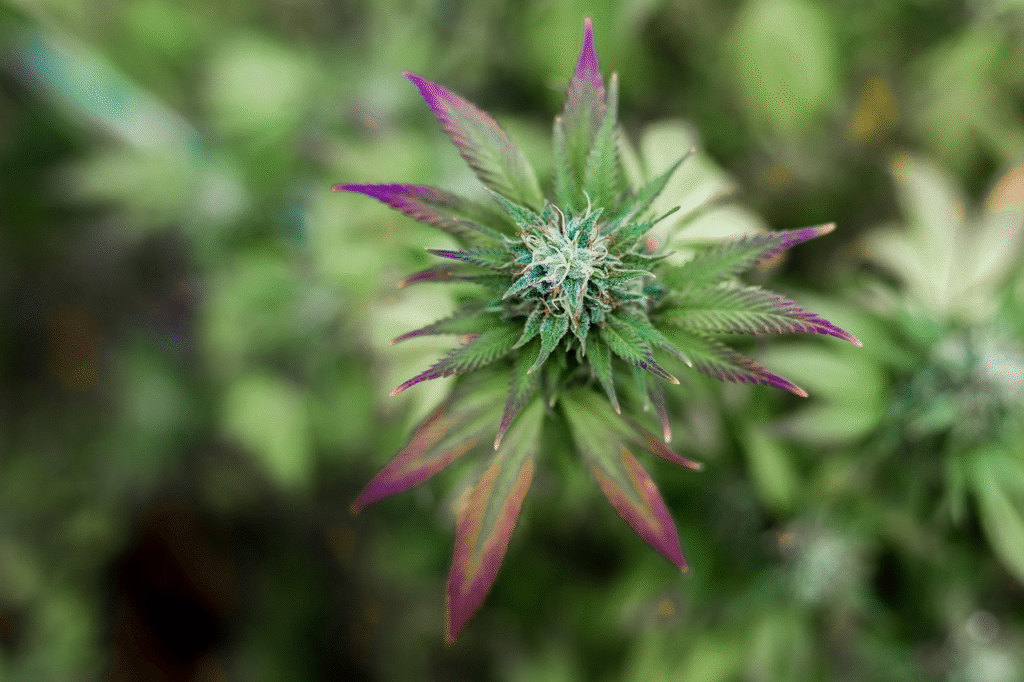
Your Health Magazine
4201 Northview Drive
Suite #102
Bowie, MD 20716
301-805-6805

More Complementary & Integrative Healthcare Articles
The Impact of Cannabis on Mental Health: What the Research Tells Us

The relationship between cannabis and mental health has never been more relevant than it is today. Since the UK legalised medical cannabis in November 2018 under strict regulatory controls, researchers are uncovering both promising therapeutic benefits and important cautionary findings about cannabis use for anxiety, depression, and PTSD.
The foundation of medical cannabis treatments begins with understanding the plant itself. The no-longer criminalised cannabis seeds serve as the starting point for producing the oils and extracts used in medical treatments, with different extraction methods yielding varying concentrations of therapeutic compounds.
The cultivation methods have also expanded with advances in plant genetics, particularly with autoflower seeds that enable year-round production in controlled environments, making medical cannabis more accessible to patients who need consistent treatment regimens.
Current Research on Mental Health Benefits
The scientific evidence for cannabis as a mental health treatment is becoming increasingly robust, with several large-scale studies and clinical registries providing valuable real-world data. However, researchers emphasise that the quality of evidence varies significantly between conditions, with some showing stronger support than others.
Depression: Promising Evidence Emerges
Recent findings from the UK Medical Cannabis Registry provide compelling evidence for cannabis’s potential in treating depression. A study of 129 patients treated with cannabis-based medicinal products (CBMPs) showed reductions in depression severity at one, three, and six months, demonstrating significant improvements in quality of life when traditional treatments proved inadequate.
Current research indicates that CBD and certain terpenes are most effective for treating depression, while products containing low doses of THC (less than 5%) combined with high CBD concentrations (10% or more) show the most promise.
Anxiety: Self-Medication vs Treatment
A 2024 systematic review published in Psychiatric Times found that while some studies showed no correlation between cannabis use and anxiety, others reported significant relationships. In the UK’s largest medical cannabis study, anxiety was identified as one of the most commonly treated conditions, with the majority of patients reporting reduced anxiety and stress following medical cannabis use.

The UK Medical Cannabis Framework
Since legalisation in November 2018, access to cannabis-based medicinal products has become viable for patients with specific health conditions. In 2025, medical cannabis can only be prescribed by specialist doctors listed on the General Medical Council’s Specialist Register, and patients must have tried at least two conventional treatments without success.
Common conditions treated include chronic pain, epilepsy, multiple sclerosis, and chemotherapy-induced nausea. For mental health conditions specifically, patients with anxiety, PTSD, depression, eating disorders, and OCD may be eligible when conventional medicines haven’t achieved desired clinical outcomes.
Important Safety Considerations
Recent research has highlighted concerning trends in cannabis potency. “Cannabis from the 2000s is not the same as in 2025,” according to Dr. Nicholas Fabiano from the University of Ottawa, noting that “THC content has increased by 5 times”. This dramatic increase has significant implications for mental health outcomes.
From Seed to Treatment: Production Insights
Understanding how cannabis-based medicines are produced helps patients make informed decisions. The process involves extracting cannabinoids from hemp using methods like CO2 extraction, ethanol extraction, or oil-based extraction, with each method affecting the final potency and quality of the product.
Hemp seed oil, rich in omega-6 fatty acids, vitamin E, calcium, magnesium, and zinc, is often used as a carrier oil for CBD products, though it contains no cannabinoids itself, as these come from the flowers, leaves, and stems rather than the seeds.
Future Directions
In December 2020, the United Nations removed medical cannabis from Schedule IV of the 1961 UN Convention on Narcotic Drugs. This decision paves the way for reduced regulatory barriers for research.
However, researchers emphasise that placebo-controlled studies in patients with PTSD should be conducted to evaluate any potential benefits. The same need exists for anxiety and depression research, where a lot of evidence comes from observational studies rather than controlled trials.
The key takeaway for patients and healthcare providers is that while evidence shows promise for cannabis-based treatments in mental health conditions, these treatments require careful medical supervision and realistic expectations about outcomes. The UK’s regulated approach provides a framework for safe access while research continues to refine our understanding of how cannabis can best serve patients with mental health conditions.
Other Articles You May Find of Interest...
- The Rise of Disposable Vapes in the UK: What You Need to Know
- Discover the Health Benefits of Renavite for Your Well-Being
- Herbs That Effectively Combat Yeast Infections
- Unlocking the Meaning of PFA: What You Need to Know for Better Health
- The Impact of Anti Mito on Your Health: What You Need to Know
- Discover the Benefits and Uses of Patchouli Essential Oil
- Wellness Trends That Actually Improve Daily Life














